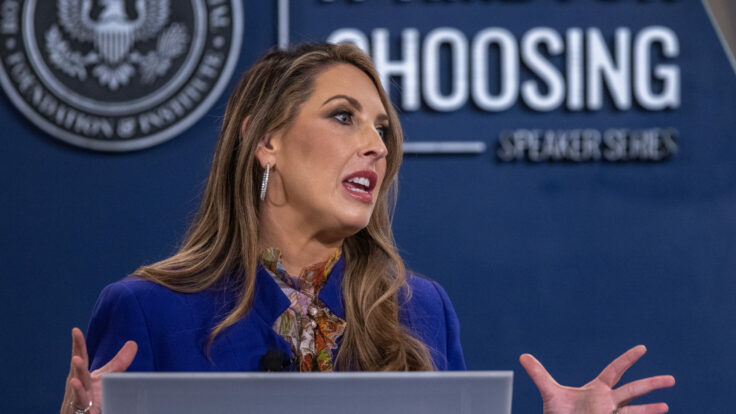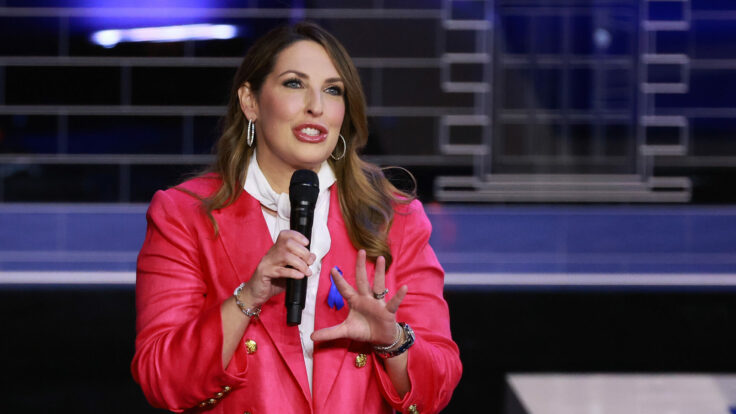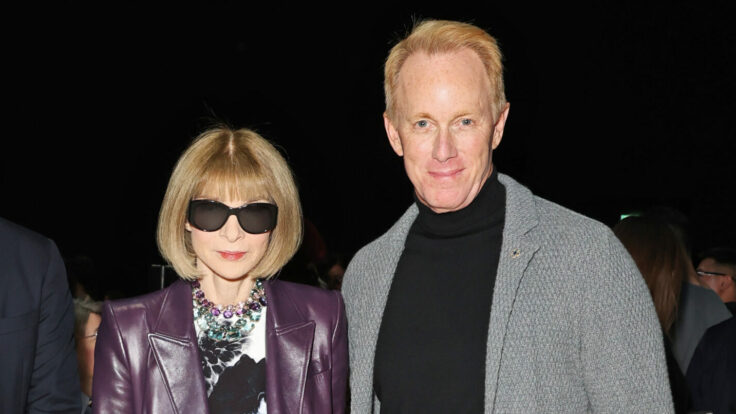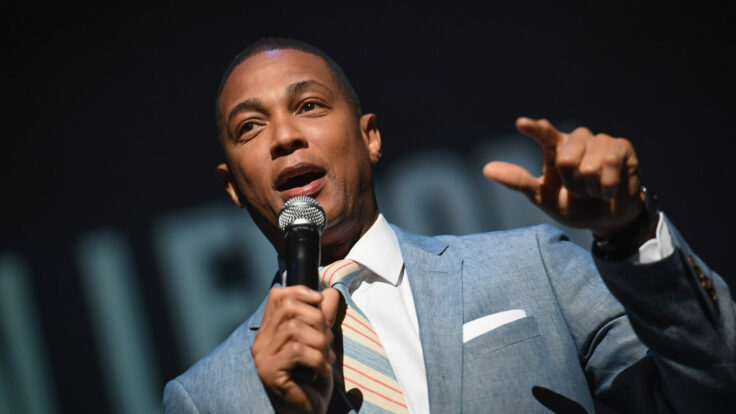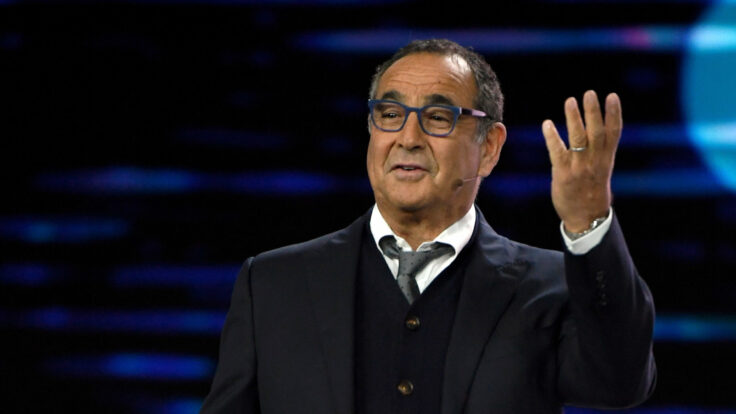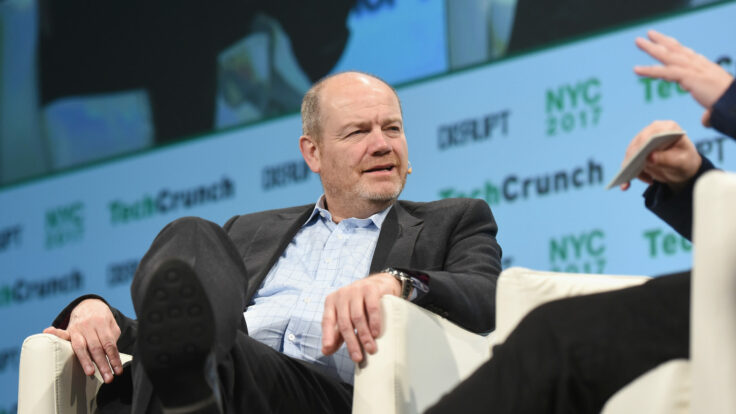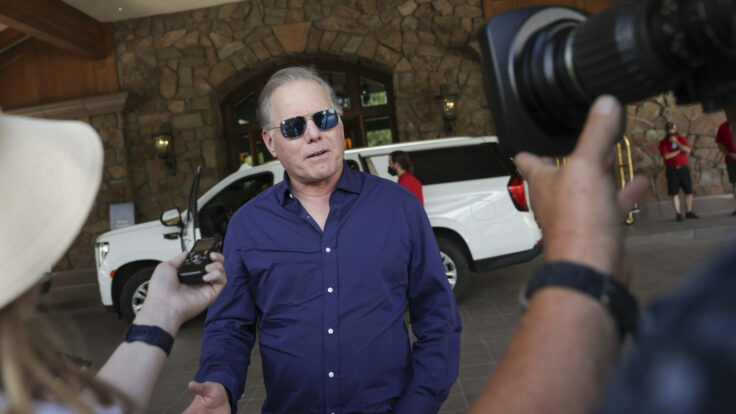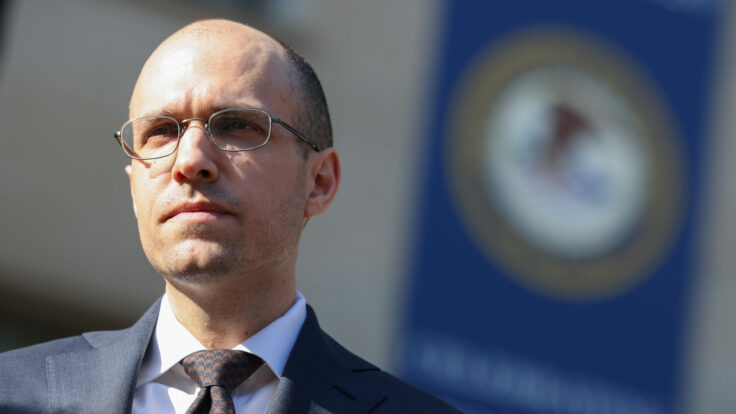Sure, now everyone knows that David Zaslav is one of the most powerful media executives on the planet and the architect of one the most riveting mergers in years—Discovery Communications’s still-pending $43 billion acquisition of WarnerMedia from AT&T—that will transform the media landscape and create a serious rival to Disney and Netflix. But, once upon a time, years before he became C.E.O. of Discovery in 2007 (and one of the world’s highest-paid corporate executives), the Young Zaz was a pioneer in the cable business, and one of the handful of people who recognized early on that television broadcasting—now known as “linear TV”—was dying, and that the future lay not only in cable television but also in creating content for cable television.
In many ways, the seeds of Zaslav’s immensely successful ascent were planted in 1989, when he arrived at NBC, then owned by GE. The Zaz wasn’t one of the Ivy League blue bloods who dominated the joint. Born in Brooklyn in 1960, Zaslav was raised mostly in Rockland County, New York. After graduating from SUNY-Binghamton and the Boston University School of Law, in 1985, he headed to the law firm LeBoeuf Lamb. Four years later, he moved to NBC and GE, working for Bob Wright, then the head of NBC after stints running GE Capital and Cox Cable, in Atlanta, and for Tom Rogers, another cable pioneer at NBC whom Wright had hired away from Washington, where he had been a longtime legislative aide to Tim Wirth, a Colorado congressman who was the chair of the Telecommunications Subcommittee. This immensely successful partnership—Wright, Rogers and Zaslav—created CNBC and MSNBC, the juggernauts that we now take for granted, among other cable channels. And for Zazlav, at least, it’s a largely untold story that says as much about the history of cable as it does portend the future.








